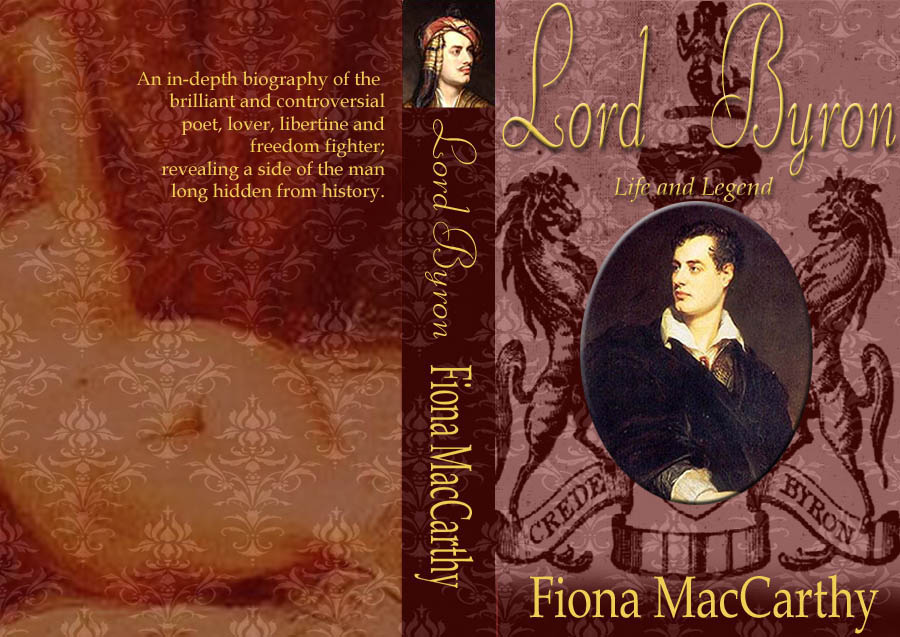

To be self-reflective, none more so than Childe Harold.

Point about Byron’s introspection is hard to ignore, since many of his poems appear In turmoil through a prematurely jaded protagonist sore and sick at heart’. 'finely tooled sense of introspection his poems conveyed, laying bare a private soul Lovell, (Ed) Lady's Blessington's Conversations of Lord Byron, (Princeton, NJ: Princeton University Press, 1969), p.21Īndrew Stott has recently argued that the key to Byron’s success was through the 72This, from one of the people who knewīyron first hand, suggests a level of duality in his personality, a duality thatħ1 Ernest J. Scoffing at himself and others destroys it’. Suggested how ‘the day after he has awakened the deepest interest, his manner of Of the world and himself were but two sides of the same coin’ 71. Lady Blessington, Byron’s confidante in Genoa in the early 1820s,īelieved ‘that his ineffable longings and his orinic recognition of the unideal nature The poet himself, believed he was both of these elements, that he had an almostĭual-personality. For many he was a hero and a genius, forĮqually as many he was an unethical, immoral debauchee. Public perception of Byron in 1816 and how this fitted the Ruthvenic vampire modelĪlthough one of the most famous poets of the nineteenth century, Lord Byronĭivided opinion across all levels of society. Men created by the historiographical analysis of the Introduction, and considers the Through their careers, relationships and interests.

It also looks at the clear connections with vampires that both men had, Their experiences helped to shape them into the people they were when they met inġ816, which is important to my reading of their relationship during the Diodati This chapter explores the nature and background of Byron and Polidori, and how


 0 kommentar(er)
0 kommentar(er)
